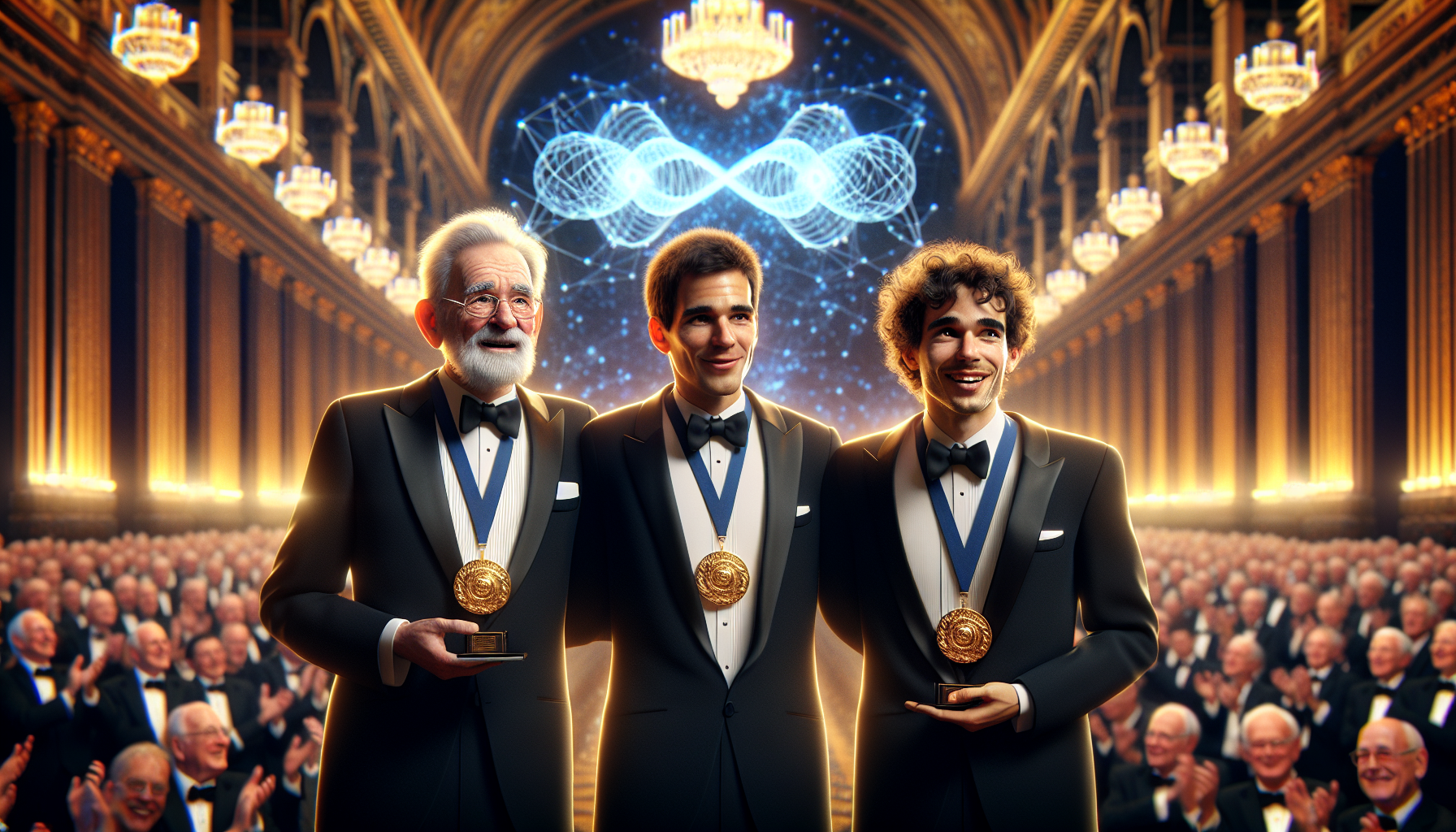John Clarke, Michel H. Devoret, and John M. Martinis receive the 2025 Nobel Prize in Physics for experiments demonstrating quantum tunneling in macroscopic circuits. Their mid-1980s work laid the foundation for superconducting quantum computers. The laureates expressed great surprise at the award.
The 2025 Nobel Prize in Physics was announced on October 7 in Stockholm. The award goes to three researchers from the University of California in Santa Barbara and Berkeley: John Clarke, Michel H. Devoret, and John M. Martinis. They are recognized for demonstrating quantum mechanics' strange phenomena, such as tunneling, in systems larger than individual particles.
Tunneling means particles in the quantum world can pass through barriers, like a wall, without impact. In the macroscopic world we inhabit, this is impossible as particles cannot synchronize. In the mid-1980s, the laureates built an electric circuit where particles behaved as a single superparticle, proving tunneling on a larger scale.
"Mildly put, this is the biggest surprise of my life," said John Clarke at the press conference. During a phone call with the Nobel Committee, he added: "It hasn't occurred to us that this would lead to a Nobel Prize. It's overwhelming."
Olle Eriksson, chair of the Nobel Committee for Physics, commented: "It's fantastic to highlight how the hundred-year-old quantum mechanics constantly offers new surprises. It is also extremely useful, as quantum mechanics is the foundation for all digital technology."
Giulia Ripellino, particle physicist at Uppsala University, called the prize "a very exciting one that takes us into the mysterious world of quantum mechanics." Mats Larsson, professor of molecular physics, noted it led to a paradigm shift with applications in drug development and digital streaming within ten years.
Their research has laid the foundation for future superconducting quantum computers, marking a step toward practical quantum technology.
